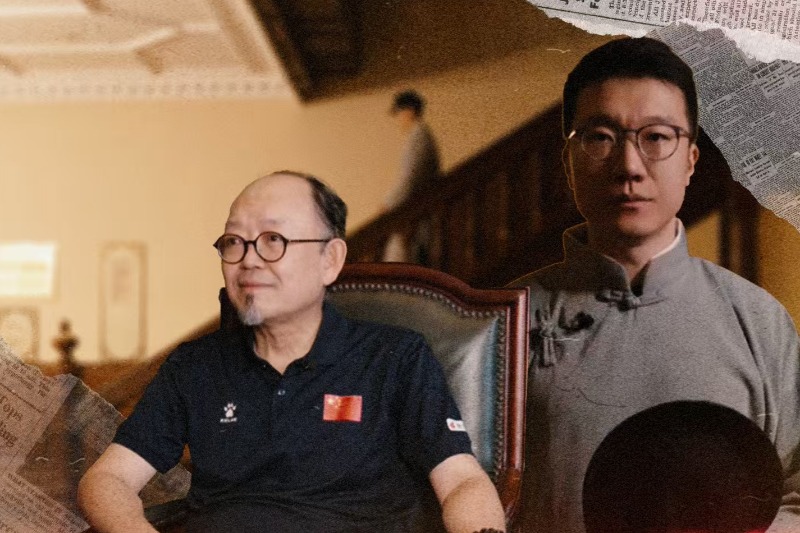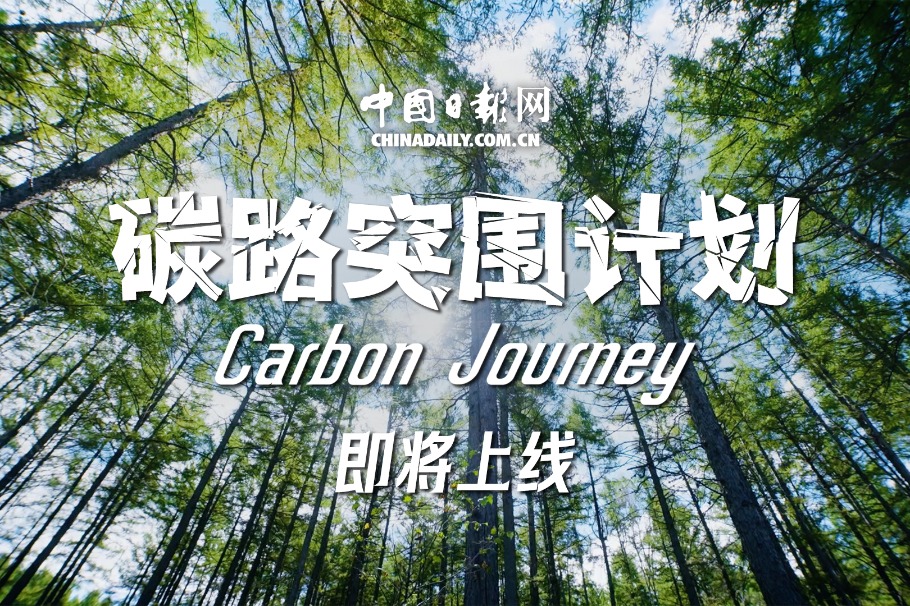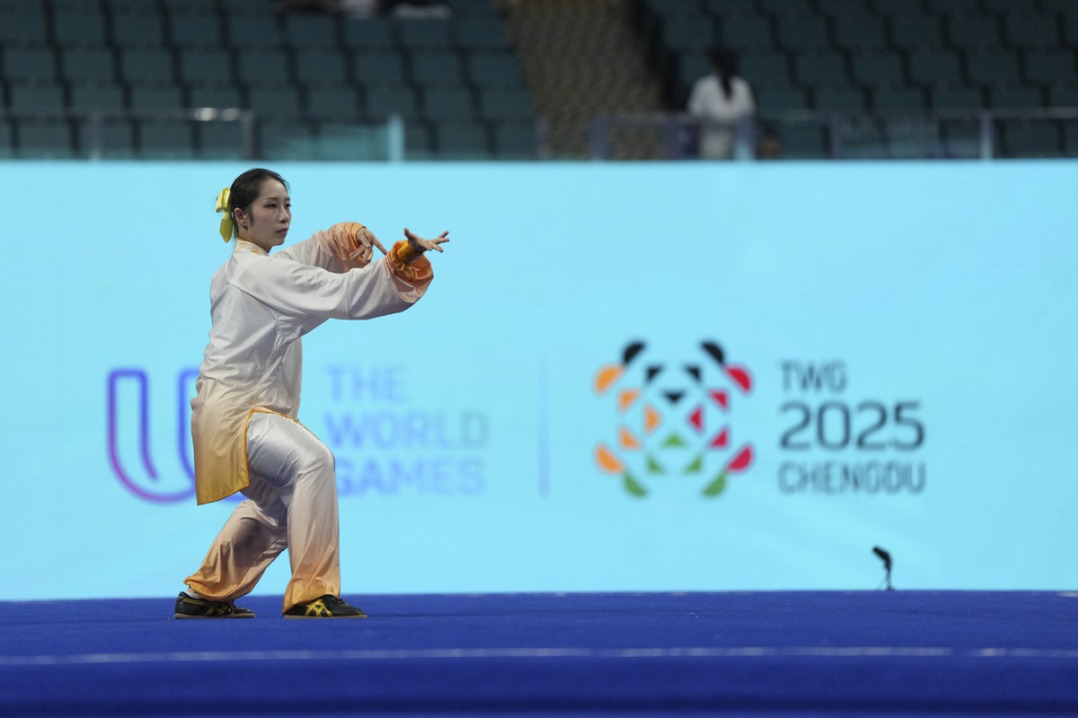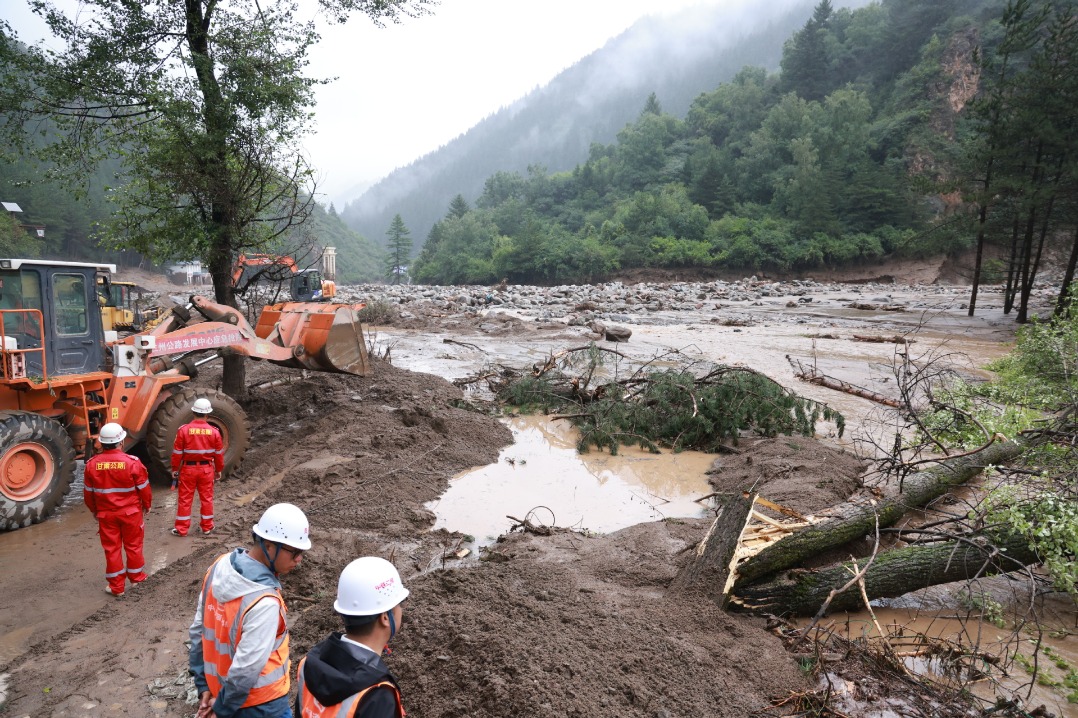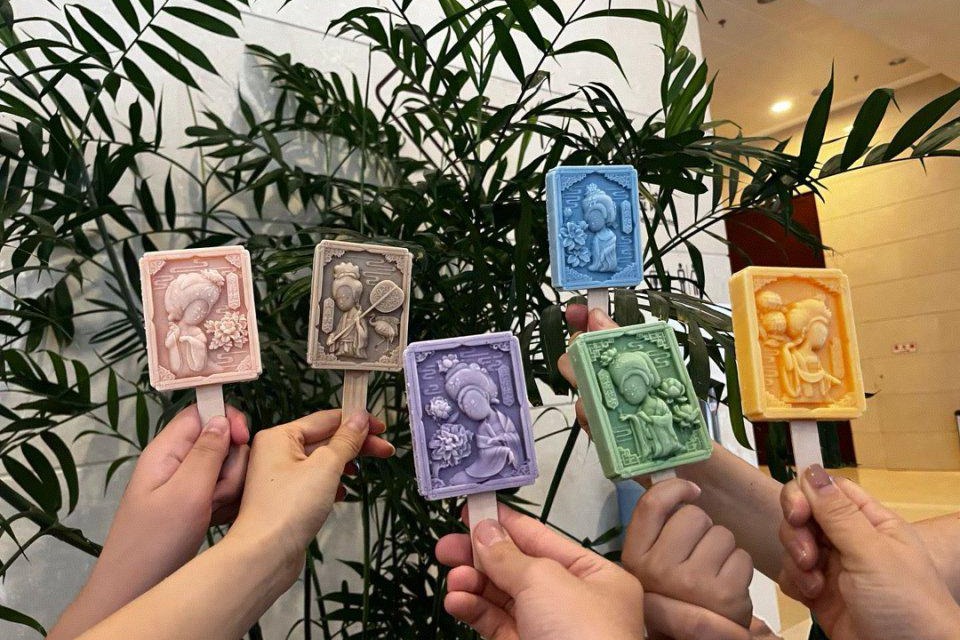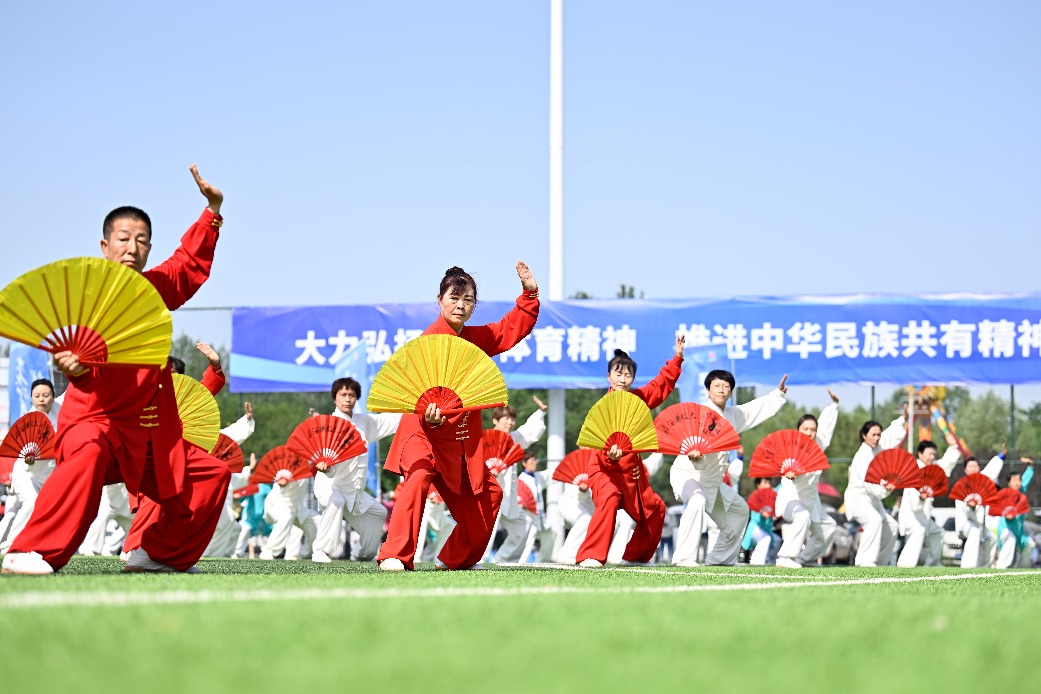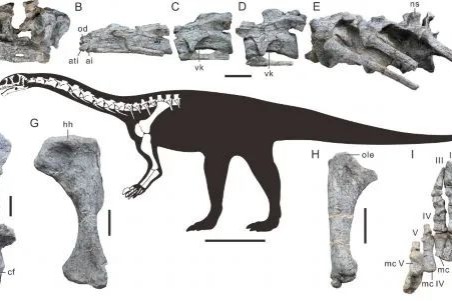Looking for light

Chinese solar panel makers find the going tough as external market conditions deteriorate further
Despite being regarded as one of China's most glamorous sectors in recent times on the back of robust sales, impressive profit margins and growing overseas demand, the sun no longer seems to be shining brightly for solar panel makers as trade wars and uncertain overseas market prospects are threatening to strain growth prospects.
The United States imposed duties on solar panel imports from China in May this year and this was followed by European companies alleging that Chinese companies were dumping goods and receiving unfair government subsidies.
After getting the European Commission to investigate alleged dumping, the European companies escalated the campaign by filing a fresh trade complaint in Brussels and accused the Chinese companies of receiving illegal government subsidies.
Though the latest move is not a complete surprise for insiders in China's solar PV industry, its impact is regarded as the last straw for the once vibrant industry, heavily reliant on the overseas market, especially Europe. It is now staggering due to fierce competition as a result of domestic oversupply.
Despite the catastrophic situation, insiders and experts remain focused on the bright side and say the turmoil from both external and internal markets has brought about consolidation, as it edges out weak players and propels big players to the top of the league.
"It will damage individual solar companies in China once the higher tariff is in place," says Meng Xiangan, deputy director of the China Renewable Energy Society. "But on the other hand, the severe market downturn will push them to produce better and more competitive products that will make solar energy a truly affordable and clean energy for the future."
Meng, who has been following the development of the solar PV industry for decades, says that in the early stages the industry was largely supported across the world by government policies due to its high cost.
Despite the substantial drop in prices, from 10 yuan ($1.6, 1.2 euros) per kW/h in 2002 to about 1 yuan per kW/h, the current solar power costs are still not competitive enough when compared with other clean energy, let alone conventional energy.
"Most of the major players understand that this is a transition period for the industry to shift from policy-driven to economics-driven demand. The tough market will create opportunities for solar PV markers to upgrade their products and lower the cost of solar energy to survive the current crisis," he says.
Despite Meng's optimistic stand on the issue, the process of consolidation brought by the anti-dumping investigation is destined to be brutal.
Most of the solar manufacturers in China have seen their margins dropping from double-digit to single-digit figures over the past year due to the excess solar cell capacity and output, and the comparatively small demand from the end markets.
Many of the leading players in China have reported serious cash flow problems with the Jiangxi-based LDK Solar, a leading solar PV maker, tottering on the verge of bankruptcy, and the Jiangsu-based Suntech, the world's largest solar PV manufacturer, which has listing problems at the New York Stock Exchange.
Shen Hongwen, a research specialist on new energy at CIConsulting, a Shenzhen-based market research firm, says China's production capacity for solar cells has grown to more than 40 gW a year while the projection on the global PV demand for 2012 is around 30 gW.
"The EU is still the largest solar PV market in the world with the largest amount of solar installation, and any barrier to entry could have significant ramifications for non-EU manufacturers," he says.
The investigation by the EU on the dumping of China-made solar products, that started on Sept 6, involves EU imports of 21 billion euros ($27 billion) and accounts for a 60 percent market share of China's solar PV industry.
The European Commission has up to nine months to reach a preliminary conclusion on whether or not the Chinese solar panel makers are dumping their products in Europe, according to Liu Huijuan, director of the legal department of the China Chamber of Commerce for Import and Export of Machinery of Electronic Products. It will take 45 days for the EU to decide whether or not to open another investigation on the alleged subsidies complaint.
It is still too early to predict a result. But Liu, whose department has also represented China's solar panel makers in dealing with anti-dumping and anti-subsidies investigations from the US since late 2011 - which led to a ruling of anti-dumping tariffs between 31 percent and 250 percent of the price of solar panels imported from China - says they have to hope for the best and prepare for the worst.
"Any more tariffs on the currently fragile sector would be a huge burden for manufacturers," she says.
Michael Barker, an analyst with NPD Solarbuzz, the California-based solar energy market research and consulting company, says in the short-term the tough situation will continue to put margins under pressure, but indicates strong market gains for PV module manufacturers will survive through 2013, as increased corporate casualties will help the supply and demand to reach a balance.
"The long-term projections for PV demand remain robust. Those firms that are able to keep moving products and cut costs will come out on top after the PV industry emerges from the recent round of turbulence," Barker says.
mengjing@chinadaily.com.cn
(China Daily 10/05/2012 page16)
Today's Top News
- Consumption gains steam, drives growth
- Summit seen as opportunity for warming Sino-Indian ties
- Foshan's steps to curb chikungunya paying off
- Aruban karate athlete hogs Chengdu spotlight
- Reopened roads to speed up search for flood victims
- Welcome extended to Modi, but prudence will prevail
















